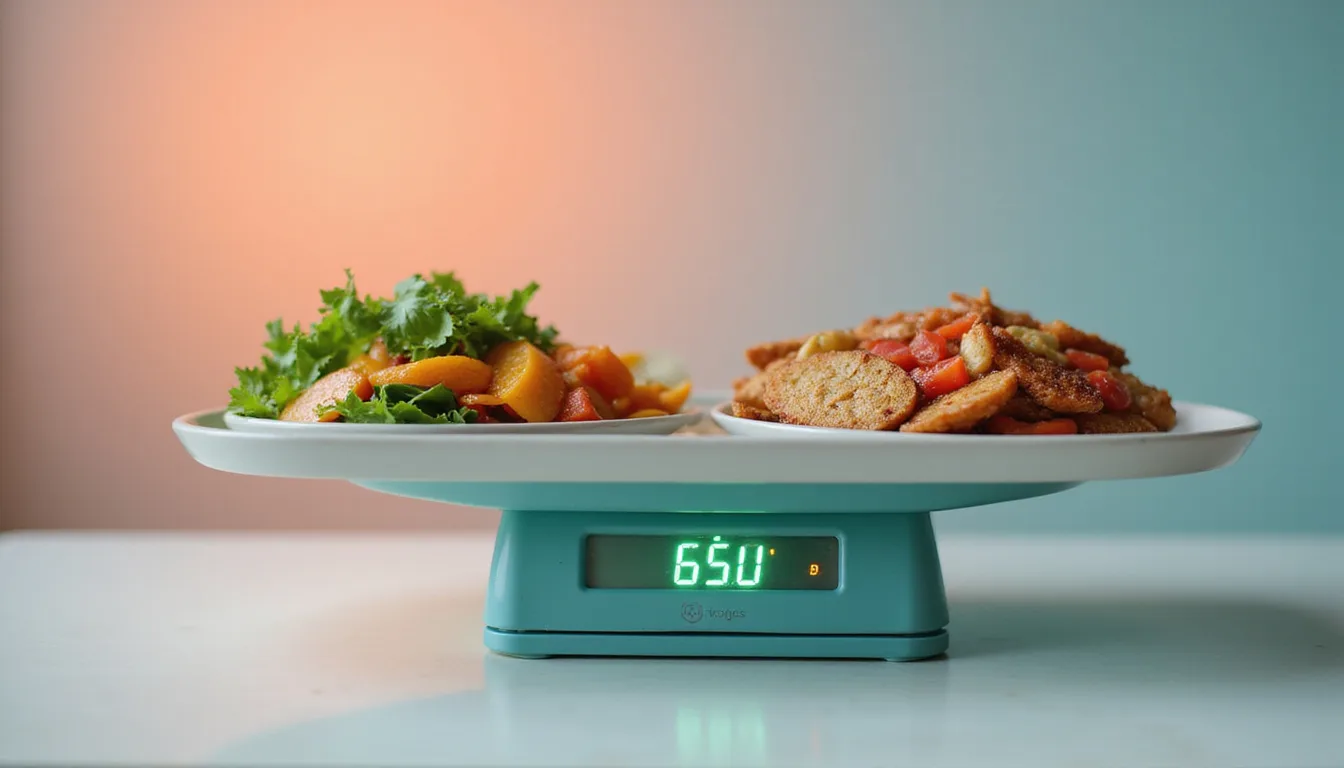
Starting a low carb lifestyle is fun and works to make you feel better, give you more energy, and help you lose weight. For low carb beginners, the many tips and food choices can seem too much at first. This guide helps you move forward at the start with a clear plan. When you know the basics and use simple steps, you build habits that last on your low carb road.
What Does Low Carb Mean for Beginners?
The word “low carb” means you lower your carbs while using more proteins and good fats. Many low carb diets suggest eating between 20 to 100 grams of carbs each day. Your goal and body needs decide the number.
For low carb beginners, it is good to know which foods have carbs and how to swap them with better picks:
- High-carb foods: Bread, pasta, rice, candy, and many processed items.
- Low-carb foods: Meat, fish, eggs, most vegetables, nuts, seeds, and some dairy.
Eating fewer carbs makes your body burn stored fat for fuel. This change can help with weight loss and keep your blood sugar steady.
Benefits of a Low Carb Lifestyle for Beginners
Switching to a low carb way of eating brings several health gains that many start with:
- Weight Loss and Fat Reduction: Fewer carbs can lower hunger and cut calories, which helps burn fat.
- Improved Blood Sugar Control: It stops big rises and drops in blood sugar and helps people with type 2 diabetes.
- Better Mental Clarity and Focus: Many people find they can think clearer and feel less foggy.
- More Energy: Burning fat gives you a steady supply of fuel.
- Lower Triglycerides and Better Heart Health: Low carb diets can shift your cholesterol to help your heart.
How to Start a Low Carb Diet: Simple Tips for Beginners
Starting a low carb path needs some planning and careful choices. Here are some practical steps for low carb beginners that make it easier to switch:
1. Learn About Carbohydrate Sources
Know what foods give you carbs and how many they hold. Use food labels and phone apps to check your carbs when you start.
2. Cut Out Clear High-Carb Foods
Reduce or remove sugary drinks, sweets, bread, pasta, and rice. This step helps lower your carb load fast.
3. Pick Real, Whole Foods
Choose fresh veggies, good meats, fish, eggs, nuts, and seeds. These foods have many nutrients and few carbs.
4. Add More Vegetables
Use non-starchy vegetables like spinach, broccoli, cauliflower, zucchini, and peppers. They add fiber, vitamins, and minerals without many carbs.

5. Include Healthy Fats
Use foods like avocados, olive oil, coconut oil, and fatty fish. These fats help keep you full and give steady energy during low carb meals.
6. Drink Water and Watch Your Minerals
Fewer carbs may cause your body to lose water and minerals. Drink lots of water and check if you need more salt, potassium, or magnesium.
7. Plan Your Meals and Snacks
Planning stops you from grabbing high carb treats at the last minute. Make simple meals that mix protein, fat, and low carb vegetables.
Easy Low Carb Meal Ideas for Beginners
Here are some simple and tasty meal ideas for low carb beginners:
- Breakfast: Scrambled eggs with spinach and avocado slices
- Lunch: Grilled chicken salad with mixed greens, cucumbers, and olive oil dressing
- Dinner: Baked salmon with roasted broccoli and mashed cauliflower
- Snack: A small handful of almonds or celery sticks with cream cheese
Common Mistakes Low Carb Beginners Should Avoid
Starting a new eating plan may lead to errors that slow progress or feel off. Avoid these common slips:
- Cutting too many carbs too fast: A quick drop in carbs may bring headaches, tiredness, or a flu-like feeling. It is better to cut carbs slowly.
- Skipping vegetables: Missing out on vegetables can lead to low nutrients and constipation.
- Eating too much protein: Too much protein might turn into sugar and work against low carb benefits.
- Forgetting to drink water and get minerals: Not replacing lost water and minerals may cause worse side effects.
- Using many processed low carb products: Packaged items may hide unwanted ingredients.
Low Carb Beginners FAQ
Q1: How many carbs should I eat daily as a low carb beginner?
A1: Many low carb beginners try between 50 and 100 grams a day, with a focus on fiber-rich vegetables. Some may try very low carb plans with fewer than 20 grams a day, though this might need a doctor’s advice.
Q2: Can I eat fruit on a low carb diet?
A2: Fruit holds natural sugars, but some fruits like strawberries or blueberries are low in carbs and can be part of your meals in small amounts.
Q3: Is it okay to eat dairy on a low carb diet?
A3: Yes, cheeses, butter, and cream are low in carbs and can join your meals. Just watch milk and flavored yogurts, as they bring more sugar.
Expert Insight on Low Carb Living
The Mayo Clinic finds that low carb diets may help lower weight and improve heart markers. They must include full-nutrient foods to stop nutrient gaps (source).
Final Thoughts: Your Low Carb Journey Starts Today
Changing to a low carb style can shift your health when you do it with care. As low carb beginners, know your carbs, make small changes, choose whole foods, and pay attention to your body. Long-term gains come from small, lasting changes, not quick fixes.
Ready to change your nutrition? Start with small swaps today—swap bread for leafy greens, choose eggs for breakfast, and drink water wisely. Each step gets you nearer to feeling full of energy, clear in mind, and healthier. Enjoy your low carb path and see the benefits for yourself!
[center]Always consult with your doctor prior to making drastic diet changes.[/center]
[center]As an Amazon Affiliate, Savvy Keto makes a small commision (at no extra cost to you) on any purchases you make thru affiliated links you click on.[/center]




